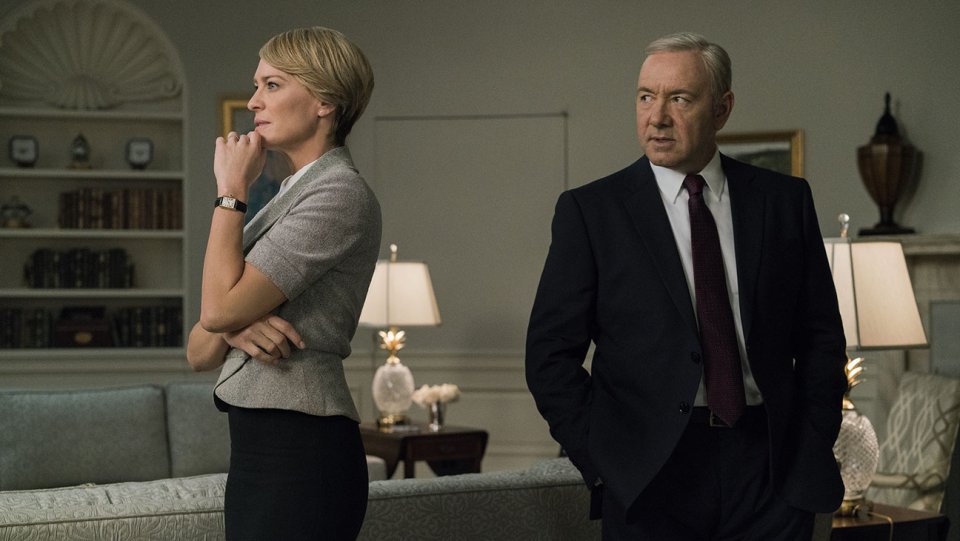Following the #metoo movement, hoards of films, TV shows, songs and humans were blotted from our list of favourites, because the men associated them had been accused of sexual harassment. Pulp Fiction? Cancelled. Brand New? Cancelled. House of Cards? Not cancelled, but only because they fired Kevin Spacey and let Robin Wright take over.
Except that apparently people haven’t shunned their problematic faves at all. A new survey by MorningConsult investigated whether people have or would change their viewing habits of films and TV associated with some of the accused men — including Kevin Spacey (various sexual assault allegations, including one with a minor, for which he apologised for by coming out as gay), Louis C.K. (multiple sexual misconduct accusations, for which he apologised for by saying he thought it was ok because they admired him), Casey Affleck (two sexual harrasment accusations, which he denied and then settled in 2010, before winning an Oscar in 2017, only to pull out of presenting at the 2018 Oscars in the #metoo aftermath). Apparently, people are still ok with watching their work.
They survey asked around 2000 people “how much more likely they are to see a film or television series if its trailer included a specific actor, then gauged whether allegations of sexual misconduct would impact that decision”. They concluded that out of 20 entertainers, only allegations against two of them would cause more people to change their viewing habits than not. Those men are Louis C.K. and Kevin Spacey. That leaves 18 men that most surveyed people are still happy to watch, regardless of the accusations. And while the poll found that women’s viewership habits as a whole are more affected by the accusations than men’s (surprise), it’s only enough to tip one more person into the the “allegations impact decision category” (Scott Baio: sexual harassment accusations that he’s denied).
Of course, what you’re comfortable viewing is up to you, and ultimately only you can decide where your moral compass lies in these situations. And it’s often a grey, messy area — an inability to let go of that one problematic film that defines your childhood does not automatically render you a bad person. But real social change requires a bit of sacrifice — and really, what’s a film when it comes to stopping the abuse of women. The issue with this data is it has the potential to embolden the people at the top of the film food chain to keep hiring creeps — after all, a large number of people on this list are still working actors.
